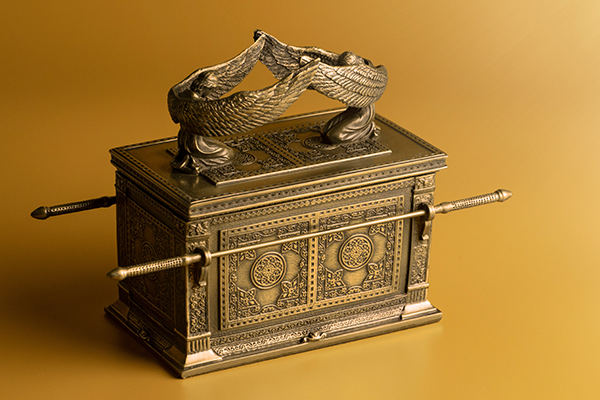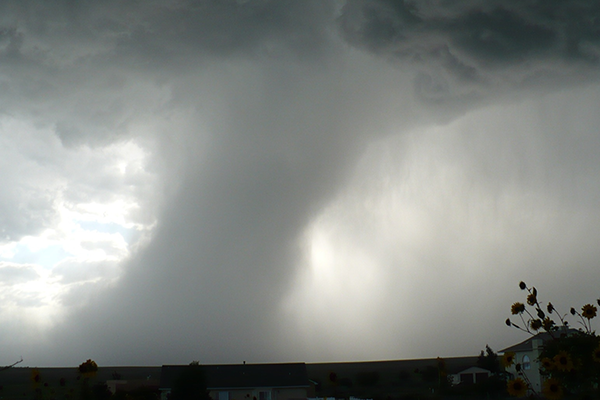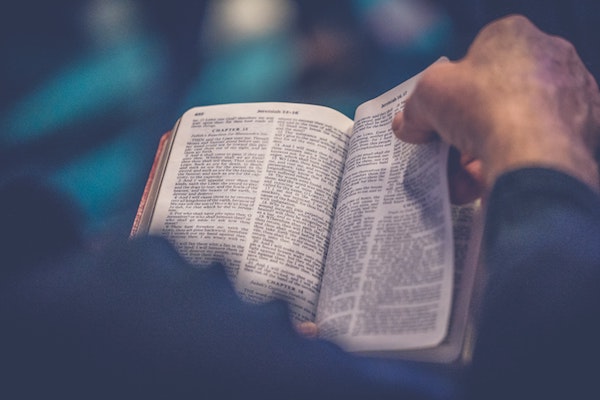
God’s Word is Our Guide, Not Culture
May 14, 2020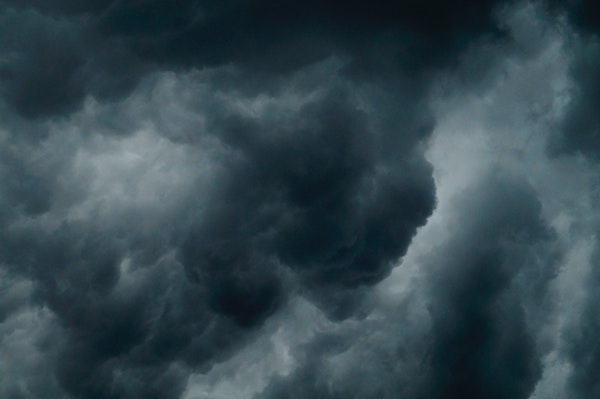
A God Who Sustains
May 14, 2020Love Requires Discipline
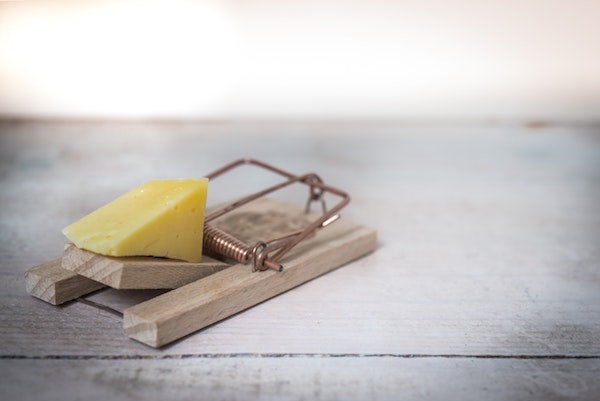
I was pretty young when I learned the lesson of how difficult it is to cover up sin. My older brother, a cousin, and I chose as live targets our neighbor’s chickens. We used our 22 caliber rifle to pick them off at close range. After we had killed at least a dozen of those poor creatures, we had to come up with a plan of how we would hide our crime. We chose the same method as Moses, that of burying them in the ground. At first, it looked as if our scheme had worked. However, to our dismay, the neighbor’s dogs unearthed an excellent meal for themselves and, at the same time, uncovered the whole dastardly deed. Our crime began to unravel at breakneck speed.
I’ll never forget the day I looked up and saw the troubled neighbor coming to our house. I overheard his conversation at the door with my mother, “Mrs. Brooks, my dogs have uncovered nearly a dozen dead chickens. Would your boys have any idea what happened?” She answered, “I don’t know, but I will find out.” She first asked my brother, who didn’t know a thing. Then she honed in on me, and I was a pushover, so I confessed the whole crime. My brother had threatened me that if I told, I too would suffer the same fate as the chickens—however, the burden of concealing this sin any longer was too much to bear.
My mother proceeded to give my brother and me her hardest spanking, but the worst part was, “You stay here in your room until your father comes home, and he will give you something to remember, and he did.” My father drove a truck, so I could hear the truck when it came home. I can still hear the gears shifting; the motor coming to a stop, my mother informing my father, the doorknob turning, and then my father staring at me. My father believed in corporal punishment, and that day he left a great impression on me as to what I had done. Also, my father took us to the neighbor where we apologized for our misdeed, and we let him know that we would be making restitution to pay the man in full for his loss. It certainly seemed like a dumb idea when it was all over. Unquestionably, I would tell anyone never to try to bury chickens in the dirt when there are dogs in the vicinity.
My brother did, however, teach me a lesson that day. Later, he said as only he could say, “Hey, dummy, don’t you know how to take your medicine?” My brother had a real way with words. He went on to explain that when I tried to run away from my father when he was giving me a spanking, it would hurt more. On the contrary, if I could learn as he had to embrace my father, his swing would be shortened and would not hurt nearly as much. It was true.
Even though at the time I dreaded the discipline I received from my father, as I got older, I came to appreciate what he did for me. The writer of Hebrews says, “No discipline seems pleasant at the time, but painful. Later on, however, it produces a harvest of righteousness and peace for those who have been trained by it” (Heb 12:11). Hebrews goes on to say that: “Our fathers disciplined us for a little while as they thought best; but God disciplines us for our good, that we may share in his holiness” (Heb 12:10).
If we run to God when he disciplines us, we will spare ourselves so much agony. God loves us, and everything he does for us is for his glory, and he wants us to be more like him. If we can remind ourselves that God takes no pleasure in our pain, but he always has a higher purpose when he disciplines us.

